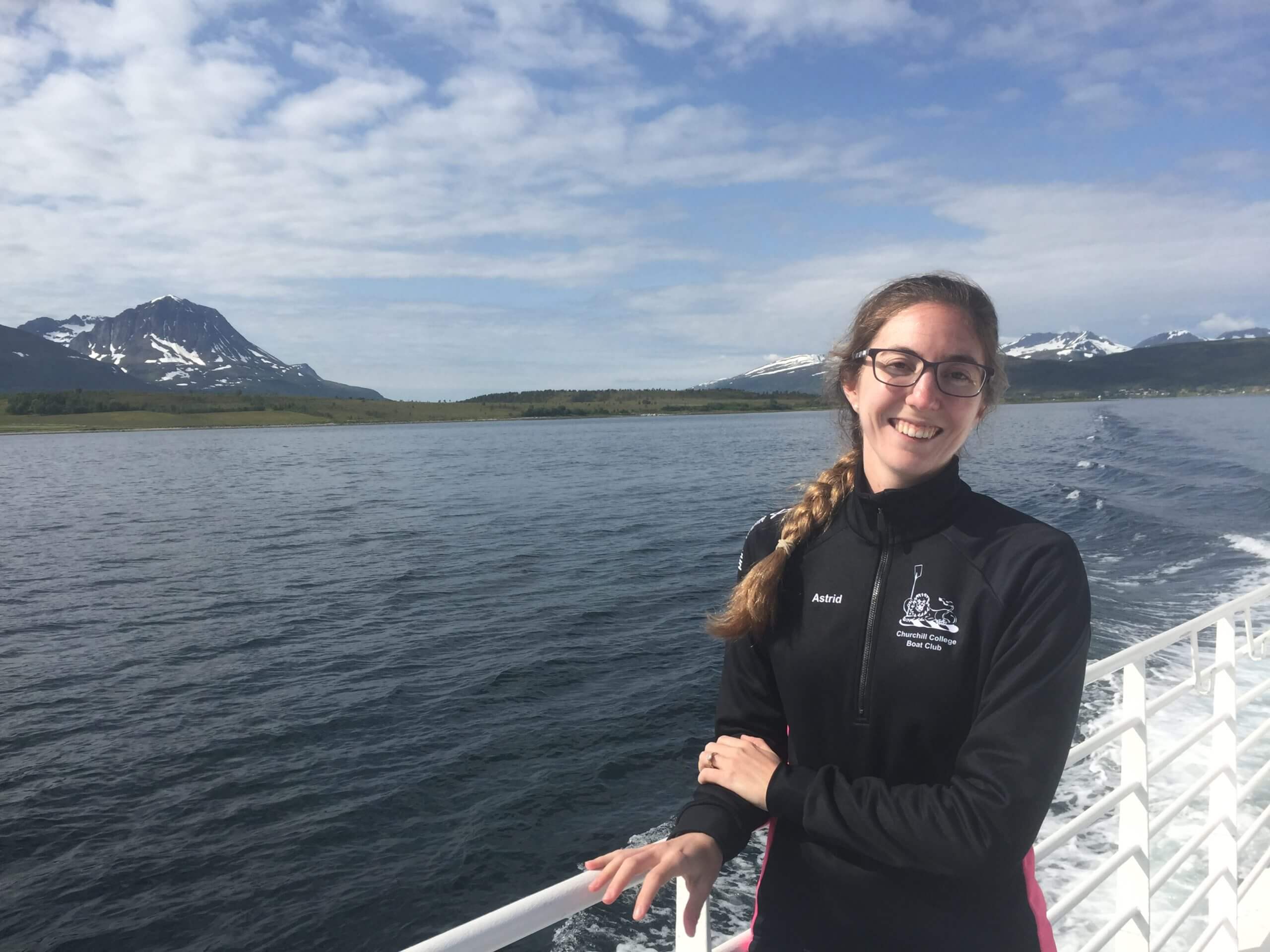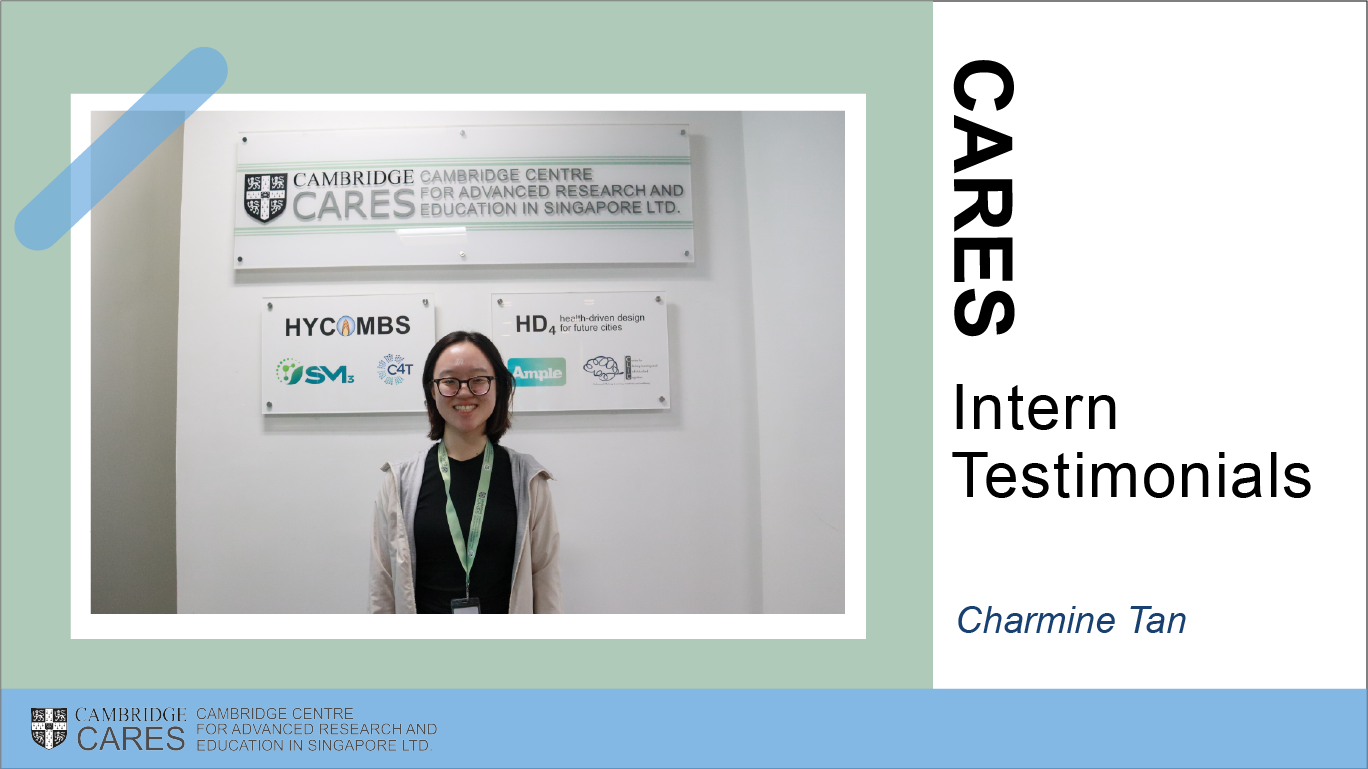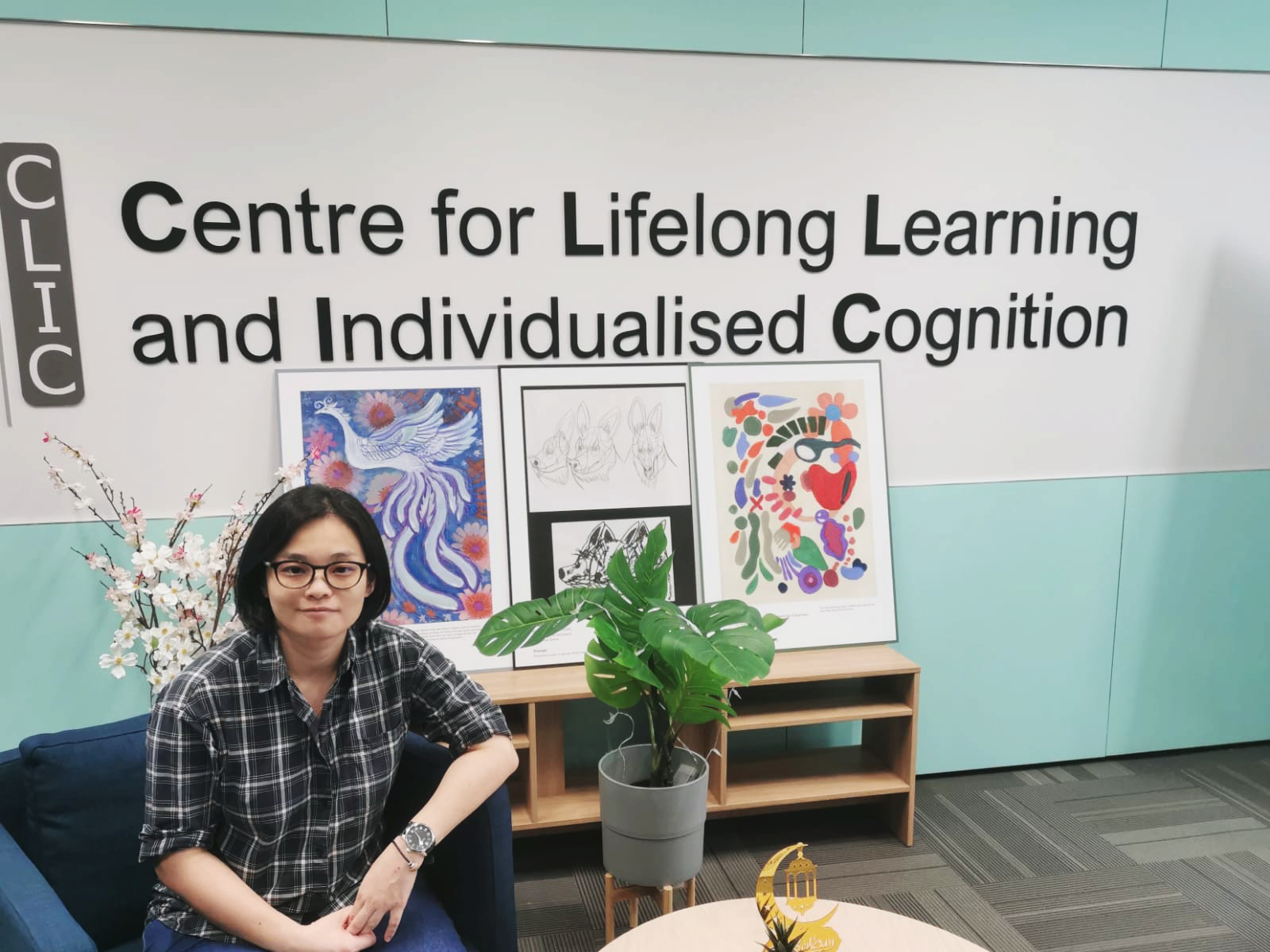In this series, we follow up with former graduates or researchers of CARES. Here, Astrid Boje shares her experiences of living and working in Singapore during her PhD.
An edited version of this article first appeared in the January issue of CEB Focus, the newsletter of the Department of Chemical Engineering and Biotechnology (CEB) at University of Cambridge. Read the original article in the newsletter here: https://www.ceb.cam.ac.uk/news/ceb-focus-newsletter

My PhD was about developing computational methods to model the formation of nanoparticles in flames. The process I studied was the synthesis of pigmentary titanium dioxide, an important commodity chemical that is responsible for the white colour in paints among other applications, in collaboration with an industrial sponsor. In the Cambridge Computational Modelling Group at the Department of Chemical Engineering and Biotechnology, we develop models for gas chemistry and particle formation and aggregation in flames. We use Monte Carlo simulations to facilitate coupling extensive chemistry to models that resolve particle structure. In my PhD, I worked on addressing numerical challenges in modelling particle formation under industrially relevant conditions where there is a strong degree of coupling between the gas and particles and the process rates are very high. This allowed us to explore the range of resulting particle structures, aiding understanding and control of end-product properties. Particle structure determines the end-product quality and better control would allow more energy efficient operation of the process.
Spending time with the Computational Modelling Group and the CARES team in Singapore provided access to and support from two research groups and facilities including high performance computing resources and libraries. I had the opportunity to attend many interesting seminars both related to and outside the scope of my own research, through membership at CREATE, CEB and Churchill College. It gave me the chance to travel, even attending conferences in the USA. I was able to try different research environments and find a routine that worked best for my research.
Other highlights from my time in Singapore were exposure to life in a new city and the opportunity to travel in southeast Asia (I visited Cambodia, Thailand and Indonesia), the delicious and varied food, and the warm weather!
My project was dual funded by Singapore’s National Research Foundation NRF and Venator, a company in the UK that manufactures titania. Working with our industrial partner provided valuable insight into the process and challenges posed under the industrially relevant conditions so this three-way partnership between CEB, Venator and CARES was very helpful for my work. I also benefitted from ideas from visiting scientists at CARES when developing a new approach to overcome numerical challenges in my simulations.
I am now a postdoc in chemical physics at Chalmers University in Gothenburg, Sweden. I am studying reaction kinetics in heterogeneous catalysis with applications including CO oxidation and sustainable alternatives to fossil-derived organic molecules.
Astrid’s PhD was supported by Venator and the National Research Foundation, Prime Minister’s Office, Singapore, under its Campus for Research Excellence and Technological Enterprise (CREATE) programme.


